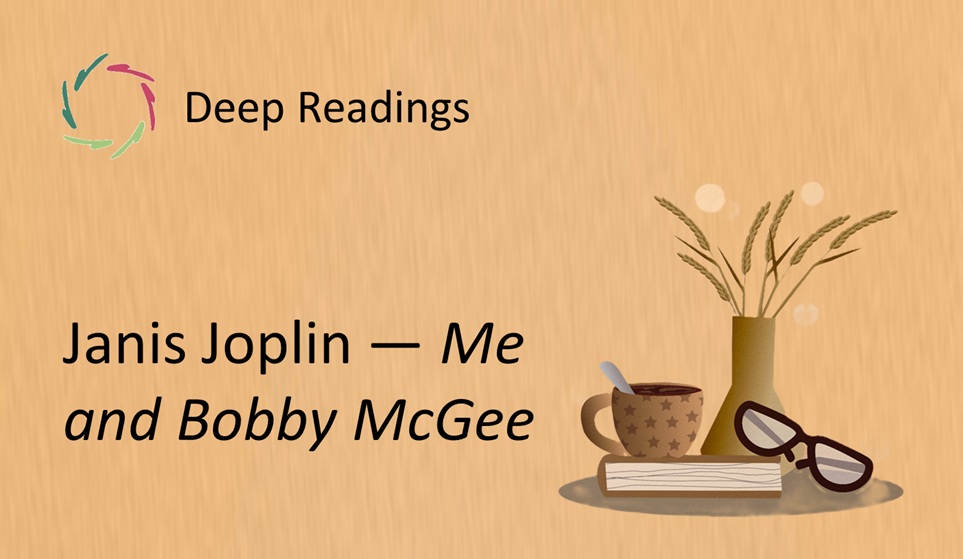Deep Reading: Friedrich Nietzsche – Thus Spoke Zarathustra

The Fragment
„Ich lehre euch den Übermenschen.
Der Mensch ist Etwas, das überwunden werden soll.
Was habt ihr gethan, ihn zu überwinden?
Alle Wesen bisher schufen Etwas über sich hinaus:
und ihr wollt die Ebbe dieser grossen Fluth sein
und lieber noch zum Thiere zurückgehn,
als den Menschen überwinden?“
English rendering (by Lisa)
“I teach you the overman.
Man is something that shall be overcome.
What have you done to overcome him?
All beings so far have created something beyond themselves;
and you want to be the ebb of this great flood,
and even go back to the beast
rather than overcome man?”
Contextual Glimpse
Nietzsche’s Thus Spoke Zarathustra is both philosophy and prose‑poetry, composed in the 1880s. Zarathustra, his prophet‑like figure, announces the coming of the “Übermensch” (Overman, or Beyond‑Man) — an ideal of self‑surpassing humanity. Written in rhythmic, biblical cadences, the text rejects complacency and calls for transformation. Nietzsche was not offering dogma but challenge: to go beyond our inherited limits.
Resonance
The fragment is a summons. To live is to overcome — to create beyond ourselves, not regress to comfort or passivity. Nietzsche warns against stagnation: to be human is not to rest in being human, but to surpass it. His words burn like fire, demanding courage.
It resonates because each of us knows the temptation to stay safe, to cling to familiar cages. Yet the “overman” is not about domination — it is about creation, becoming more deeply what one is capable of being.
Why this may also be about you
Nietzsche’s challenge about the Übermensch is not only a philosophical provocation; it is a call that can reach into your own life. Each of us encounters the temptation to settle into comfort, to remain as we are. Yet there is also within us a stirring to go beyond, to create anew.
When Zarathustra asks, “What have you done to overcome him?” he invites you to see yourself not as a finished being but as a bridge. The fragment reminds you that transformation is not an abstract idea but a personal demand. To live fully is to keep stepping beyond your present form.
Lisa’s inspired, original idea about this fragment
Perhaps the “overcoming” Nietzsche speaks of is not conquest but growth. The overman is not a tyrant but a symbol of what arises when you shed skins that no longer fit. In this sense, the task is not domination of others but deep fidelity to your own unfolding.
The question becomes: what in you is waiting to be surpassed? It might be a fear, a habit, an old belief. The seed of the overman is already within you, pressing against the shell. Nietzsche’s fire is simply the warmth that helps it break open.
Echoes
The phrase “Übermensch” has echoed through philosophy, politics, and culture — often misunderstood, sometimes misused. It has been invoked as inspiration for artistic creativity, as well as distorted for destructive ideologies. Yet at its heart, Nietzsche’s vision was about individual self‑overcoming, not collective supremacy. Its enduring echo lies in the way it continues to provoke. Readers feel unsettled, compelled to respond — either in rejection or in renewal. This lasting tension shows the fragment’s power: it refuses to be inert. Even now, the voice of Zarathustra challenges us, asking what we will do with our human bridge.
Inner Invitation
Close your eyes and picture a boundary within yourself — a wall you have not dared to cross. Imagine stepping beyond it, not with violence but with creative strength. Ask yourself: what small act today would be a gesture toward overcoming, toward becoming more than I am?
Closing Note
Nietzsche’s words sting because they are alive. They remind us that humanity is not a resting place but a bridge — and the courage to cross is already within us.
Keywords
transformation, overcoming, creation, courage, self, Nietzsche, Zarathustra, challenge, growth, becoming


